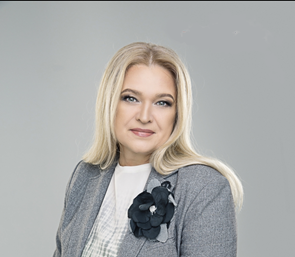
Head of Department:
Stepkina Elena Leonidovna,
Candidate of Pharmacological Sciences, Excellent worker of Public Health
Number: 8(727) 3387000 (dn. 7019)
E-mail: [email protected]
About the Department
The Department of Strategic Development and International Cooperation is an independent structural unit of the University.
The Department is directly subordinate to the Chairman of the Board — the Rector for Strategic Development of the University and the First Vice-Rector for International Affairs.
The main goal of the Department is:
The Department of Strategic Development and International Cooperation is an independent structural unit of the University.
The Department is directly subordinate to the Chairman of the Board — the Rector for Strategic Development of the University and the First Vice-Rector for International Affairs.
Department structure
The objectives of the Department include:
- Developing strategic directions for the University’s activities in alignment with national projects focusing on the development of education, science, and healthcare in Kazakhstan;
- Monitoring the University’s activities in implementing the Development Program, identifying opportunities for improvement, and achieving target indicators utilizing existing personnel, technical, and functional capabilities;
- Enhancing the system for monitoring and evaluating strategic indicators and key performance indicators of the University and its subsidiaries by collecting, compiling, reconciling, and analyzing data from structural divisions;
- Developing and presenting recommendations based on analysis for the organizational structure and overall development of the University;
- Implementing tasks related to international cooperation and the internationalization of University activities;
- Collecting information, conducting analysis, and generating analytical materials on global trends in higher and postgraduate medical education, science, and clinics;
- Participation in the organization and analysis of the effectiveness of academic mobility of teaching staff;
- Developing, supporting the conclusion, and monitoring the implementation of Memorandums of Cooperation in education, science, and clinics with foreign partners;
- Conducting a comparative analysis (benchmarking) of the education and science systems in the most developed countries globally.
